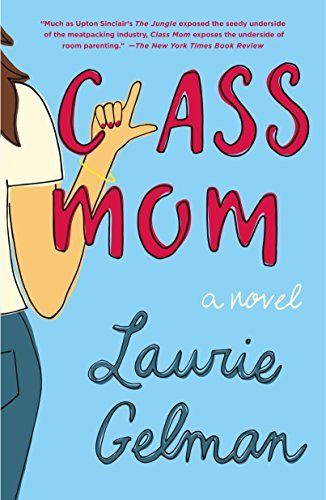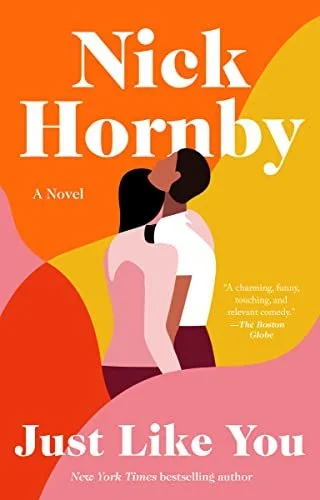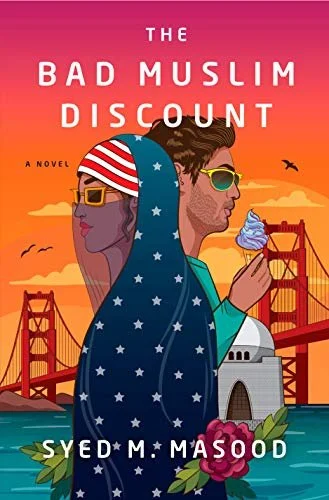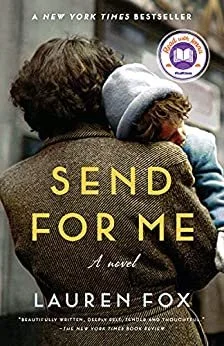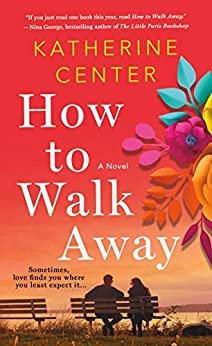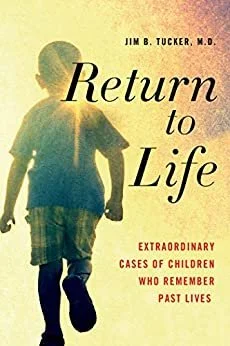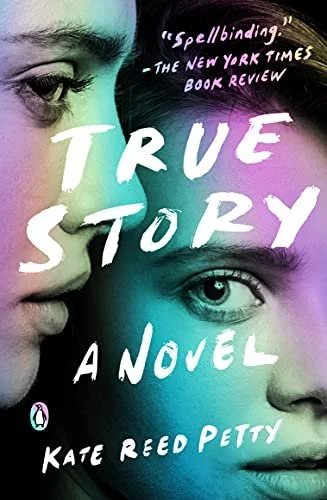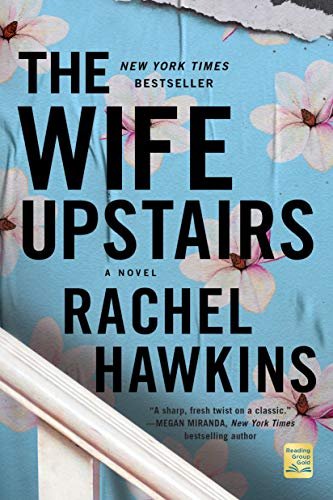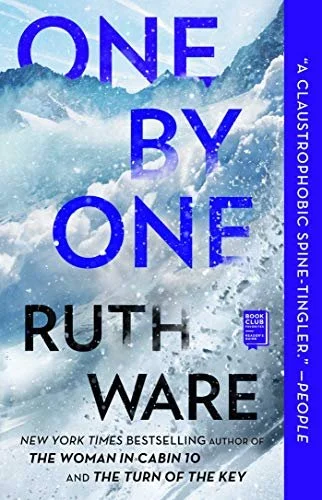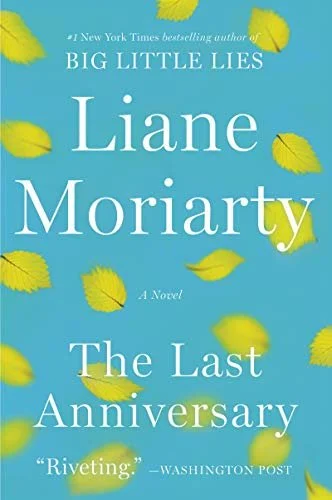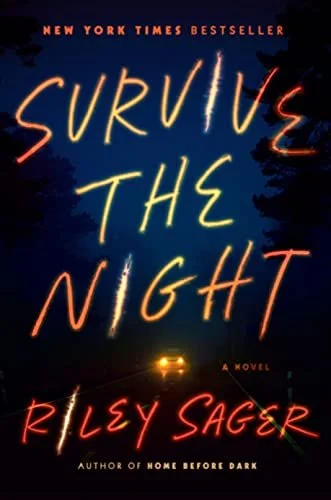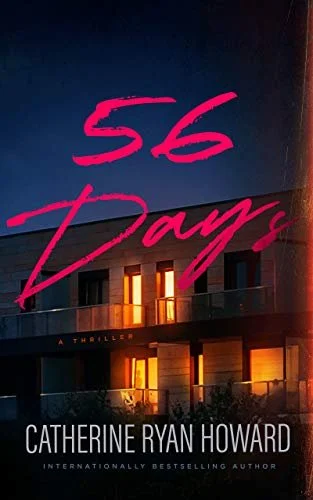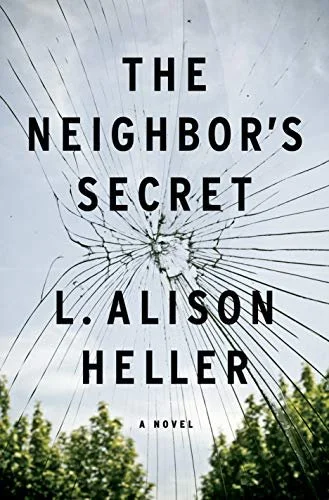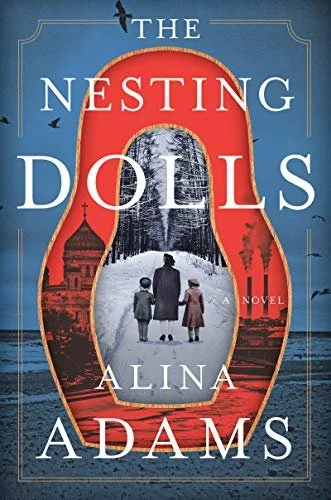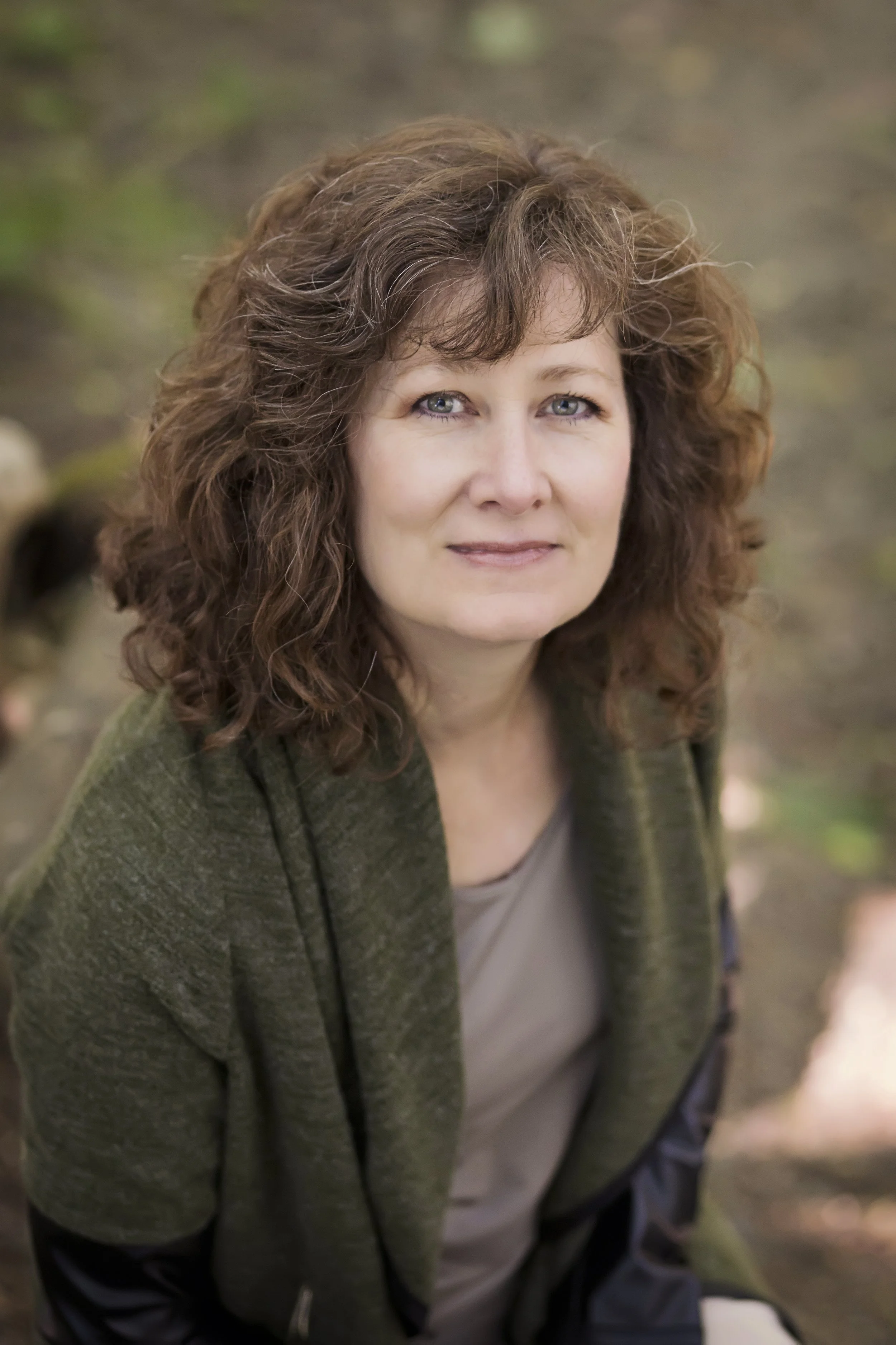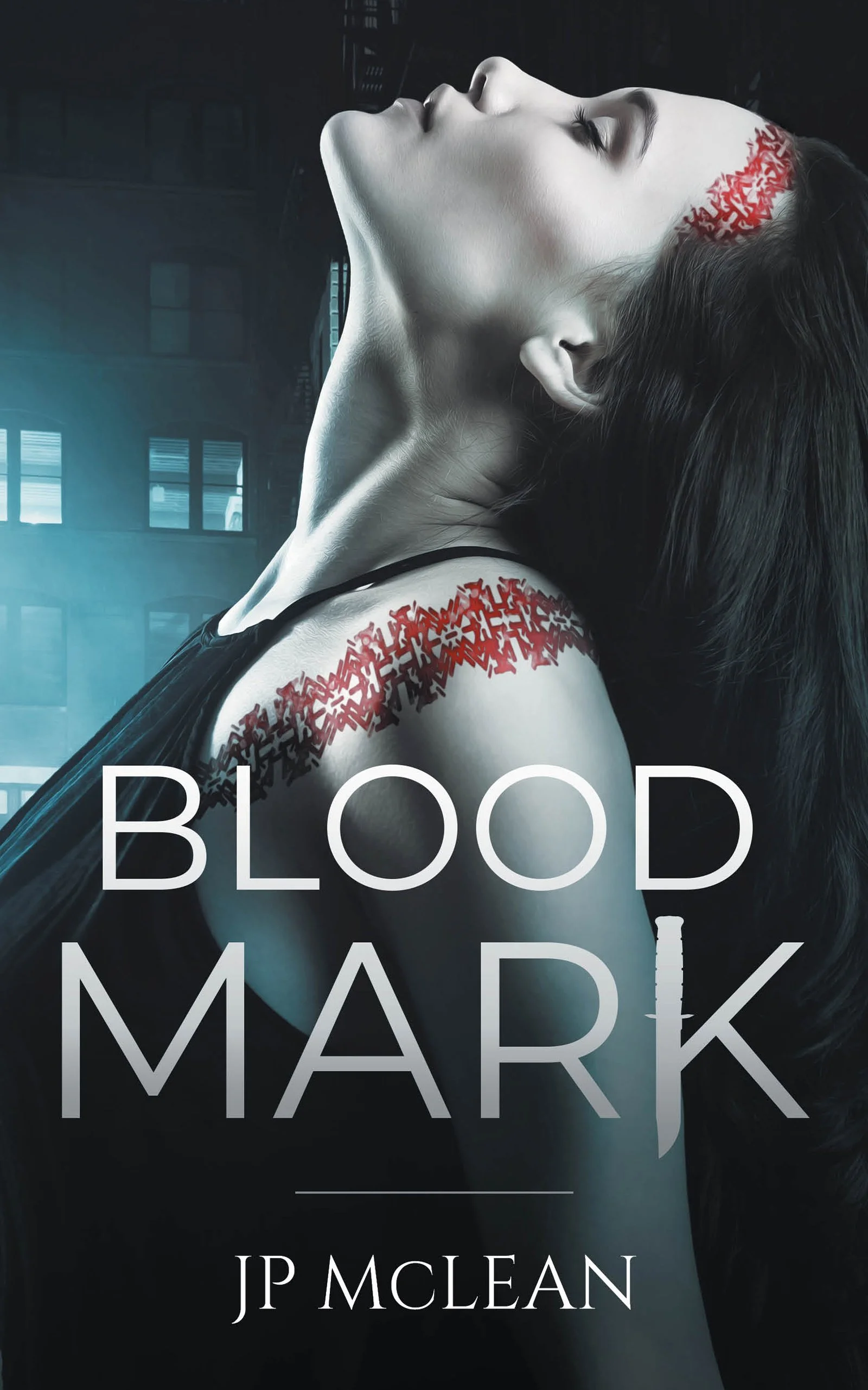Sarah Kades
Sarah writes action adventure thrillers with strong environmental themes and socially responsible narrative nonfiction (as Sarah Graham). She is passionate about culture, landscapes, knowledge accessibility, the arts and Momma Earth. She loves writing books that remind us of the natural nature within each of us, a re-wilding to our true, authentic, best awesome self!
Sarah has studied in the United States, Canada and Scotland, and for the last twenty years her day job has been as an archaeologist and Indigenous Knowledge studies and engagement facilitator. In 2020, Sarah received her first literary arts grant and was a two-time Energy Futures Lab Banff Summit storyteller. In 2019, she presented at the British Society of Criminology conference on the effectiveness of using arts-based approaches. When she is not writing you can find her running, bumping into her next adventure or trying to figure out where in the garden to put the makeshift wood fired pizza oven.
Marina Raydun: It's not often that one comes across novels with strong environmental themes. Can you talk to me about why it was important for you to incorporate these and what the process of writing with this goal in mind was like?
Sarah Kades: It’s important for me to write socially responsible and relevant books. That’s just how I’m wired. I love this medium for its form and function—entertain and engage readers while innocuously opening up tricky dialogues and gently raising awareness on perspectives or info a reader may not have heard before. When knowledge is woven in the context of a novel, it’s entertaining—not politically charged, boring or a 2x4 upside the head. Brain science talks about “our brains on books” and how our brains don’t differentiate between something experienced in real life or experienced via reading a book. That’s the beauty of this art form! No one wants to be talked at, and the literary arts can make knowledge accessible and engaging through storytelling.
My writing process includes a lot of researching! I try to pair knowledge with emotion. For me, that’s where magic can happen.
MR: Is it true that you are also an archaeologist? How do you feel such a background informs your creative writing process?
SK: Yes, I am an archaeologist. The years outside, often in incredibly remote places, has had a profound impact on me. I crave nature and different landscapes. Storms are like a natural high and fresh air ignites something beautiful inside me. This planet is remarkable. I want to share that charge with readers.
MR: What is the first experience you had when you learned that language had power?
SK: I don’t recall a single first experience, though I’ve always felt it. It’s interesting, as I was growing up, writing and languages were what other people did. It never dawned on me until years later that I could play, too. That’s part of rewilding that I talk about in the book—connecting to who you actually are, and ditching the “supposed to’s” that we internalize from others.
MR: What does literary success look like to you?
SK: I ask myself that a hundred times a day! I totally dig my publisher. I’ve had the opportunity to meet amazing fans. I’ve been awarded two prestigious literary arts grants. I’ve presented internationally. And still, this incredible medium keeps awing me with possibilities and potential. I guess literary success for me, means showing up for myself, everyday, and following where this beautiful dream leads me.
MR: What’s the best and worst book review you’ve ever received?
SK: I loved having combustable used to describe Wild Not Broken’s plot. Squeee! I was bummed when a reader said Duke Out at the Diner, a Short Story was too short and gave me 1 star. I don’t know how I could have messaged it is a short story any clearer.
MR: What was the hardest scene to write?
SK: Wild Not Broken kicked my butt. I loved writing it, but it was one of those pushing-my-boundaries-expansive kind of experiences. Like hiking some mountains, the project totally blasted my emotional quads.
MR: What’s your favorite childhood book?
SK: My favorite kiddo book is Julia’s House for Lost Creatures by Ben Hatke, my favorite book from when I was a kid is All Quiet on the Western Front by Erich Remarque.
MR: What is your favorite genre to read?
SK: Nonfiction—I am a total nerd. Favorite fiction genre is historical.
MR: What are you currently reading?
SK: Children of Ash and Elm by Neil Price, and The Vanishing Days by Susanna Kearsley is in my queue.
MR: If you could have drinks with any person, living or dead, who would it be? Why?
SK: Great question. I think Mary Magdalene. She could clear up a lot of questions I don’t trust anyone else on the planet to answer honestly.
To read Sarah’s work, please visit her website here: https://sarahkadesgraham.com/fiction-books/









